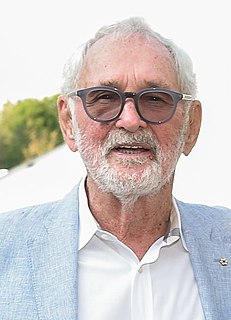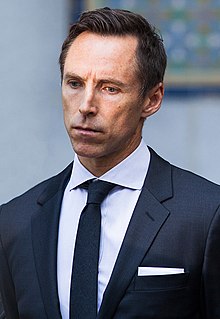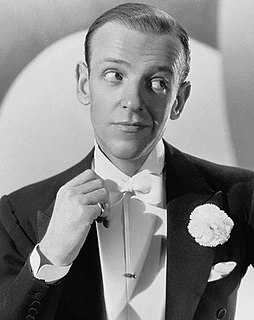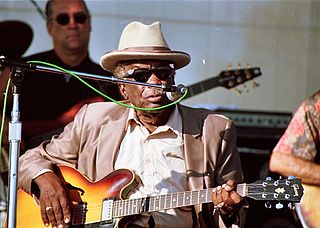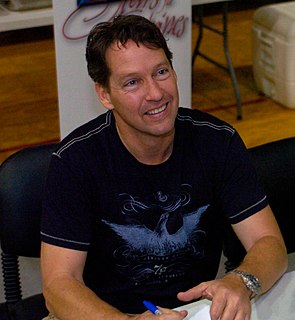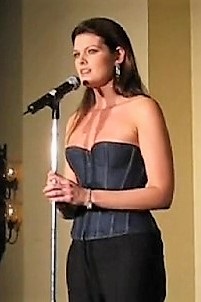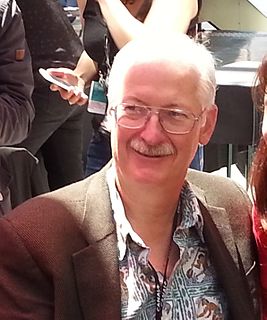A Quote by John Landis
After 'The Blues Brothers,' I wanted to do a good musical number with real dancers and shoot it correctly.
Related Quotes
We wanted a musical number that would capture the exhilaration of being out on a boat as they were and sailing with the stars and all that. So that's the origin of We Know the Way. From very early on we said, for an audience that doesn't know this, what we need a song that can really have the kind of sweep and the, you know, pull you in. So that was early on, we conceived of like that should be a musical moment [in Maona].

